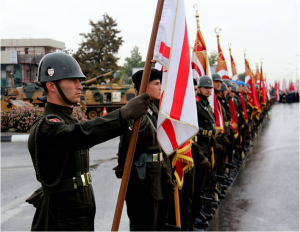By: Cynthia Achieng
Impunity Watch News Staff Writer
STRASBOURG, France – On Thursday, April 4, 2024, the European Court of Human Rights (ECHR) ruled that Poland, in its expulsion of four Tajikistani nationals back to Ukraine, had violated Articles 3, 4, and 13 of Protocol No. 4 of the European Convention on Human Rights.
 |
The individuals traveled to the Polish-Ukrainian border on at least four occasions between 2016-2017. On each occasion, they expressly stated their wish to apply for international protection stating that they were at risk of political persecution in Tajikistan. Administrative decisions were issued denying them entry into Poland on grounds that they did not have documentation to support their claim of risk of persecution.
The ECHR noted that sending the applicants to Ukraine without examining whether the receiving State was safe for them, whether they would have adequate asylum procedure there, or whether they would be exposed to the risk of a chain of refoulement was a violation of the procedural limb of Article 3 of the Convention. The action of the Polish officials amounted to expulsion of aliens which is a violation of Article 4 of Protocol No. 4 to the Convention.
The Court further awarded the applicants damages in the amount of EUR 13,000 each against Poland.
This decision comes at a time when the refugee crisis is hitting Europe and applications for asylum especially from Ukrainian and Syrian refugees are multiplying.
For further information, please see:
ECHR – SHEROV AND OTHERS v. POLAND – 4 Apr. 2024
Case of SHEROV and Others V. PolandIUS INFO – Case of SHEROV and Others V. Poland – ND



